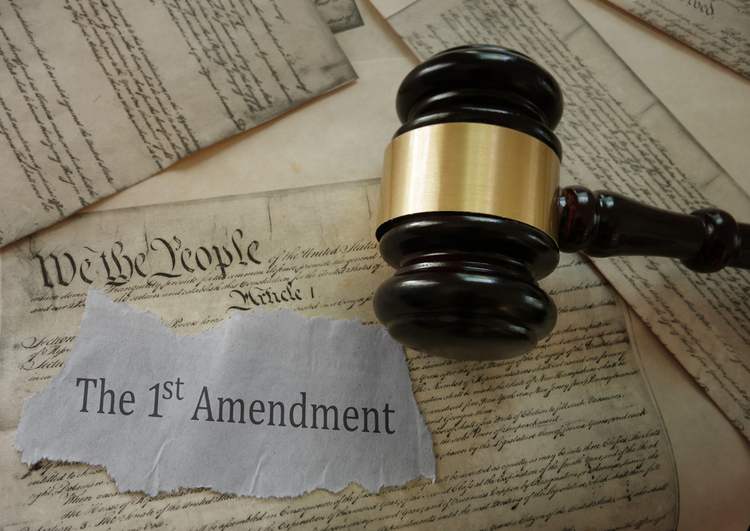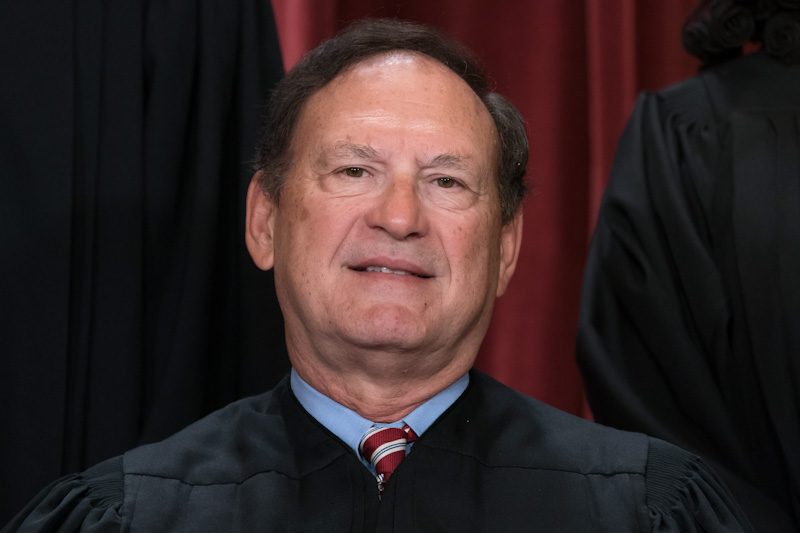9th Circuit upholds part of federal anti-riot law in case against white supremacists

Image from Shutterstock.com.
The 9th U.S. Circuit Court of Appeals at San Francisco on Thursday revived the prosecution of four white supremacists under a federal anti-riot law, even as it struck down some parts of the law for infringing protected speech.
The 9th Circuit decision allowed the Anti-Riot Act prosecution of members of the Rise Above Movement, a white supremacist group, who were accused of traveling to California rallies where they attacked people.
Politico and Courthouse News Service have coverage.
The appeals court upheld provisions of the Anti-Riot Act that ban inciting, participating in or carrying on a riot, and that ban committing acts of violence in connection with a riot.
But 9th Circuit cited the First Amendment in striking down parts of the law that ban urging, encouraging, promoting or organizing a riot. The court cited the standard set by the 1969 U.S. Supreme Court decision Brandenburg v. Ohio, which said speech that advocates illegal conduct is protected under the First Amendment—unless it is directed to inciting imminent lawless action.
The 9th Circuit said the unconstitutional provisions of the Anti-Riot Act could be severed from the rest of the law.
“The government cannot act to avert a perceived danger too soon, but it can act before it is too late,” the appeals court said in its per curiam opinion.
The 4th Circuit at Richmond, Virginia, issued a similar opinion last year, striking down parts of the law and severing them from the rest of the statute. The cased involved two members of the Rise Above Movement who traveled to the Unite the Right rally in Charlottesville, Virginia.
The Anti-Riot Act applies to people who travel or use facilities of interstate commerce with intent to commit acts that violate the law.
According to Politico, the Department of Justice used provisions of the Anti-Riot Act to file more than half a dozen criminal cases against people accused of fomenting rioting in protests after the death of George Floyd last spring. The government hasn’t had to use the law against people who participated in the Jan. 6 attack on the U.S. Capitol because it took place on federal property and involved federal personnel, according to Politico.
The four defendants in the 9th Circuit case are Robert Paul Rundo, Robert Boman, Tyler Laube and Aaron Eason. All four are charged with conspiracy to violate the Anti-Riot Act. Rundo, Boman and Eason are also charged with violating specific provisions of the law.
The case is United States v. Rundo.



